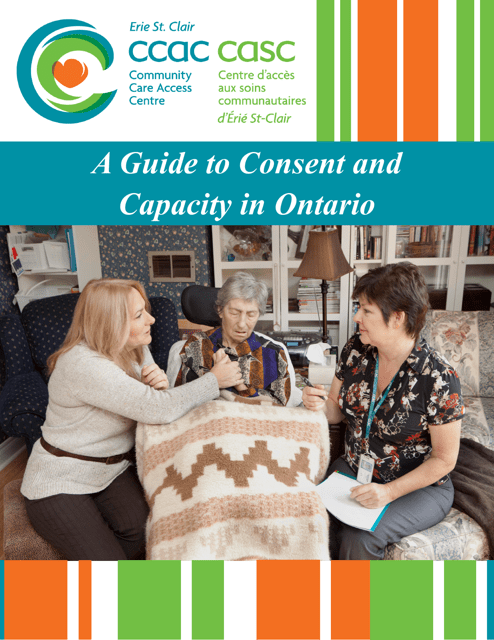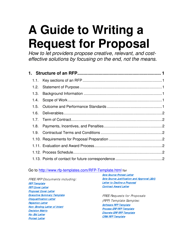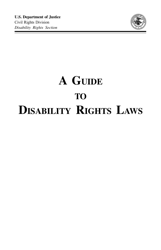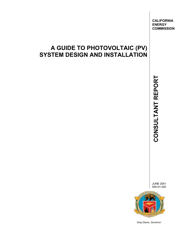A Guide to Consent and Capacity in Ontario - Erie St. Clair Ccac (Community Care Access Centre) - Ontario, Canada
A Guide to Consent and Capacity in Ontario - Erie St. Clair CCAC is a document that provides information and guidelines on consent and capacity in Ontario, specifically in the Erie St. Clair region. It helps individuals and healthcare professionals understand the legal aspects of obtaining consent for medical treatment and making decisions when a person's capacity to make decisions is impaired.
FAQ
Q: What is the Erie St. Clair CCAC?
A: The Erie St. Clair CCAC stands for Erie St. Clair Community Care Access Centre. It is an organization in Ontario, Canada that helps connect individuals with healthcare services.
Q: What is consent and capacity?
A: Consent refers to the voluntary agreement to a healthcare treatment or service, while capacity refers to an individual's ability to understand and make decisions about their own healthcare.
Q: Why is consent important in healthcare?
A: Consent is important in healthcare to ensure that individuals have control over their own bodies and healthcare decisions. It is a legal and ethical requirement.
Q: Who can give consent for healthcare treatment?
A: In Ontario, individuals who are 16 years of age or older are considered capable of giving consent for their own healthcare treatment. In some cases, a substitute decision-maker may make decisions on behalf of someone who is incapable.
Q: What happens if a person lacks capacity to give consent?
A: If a person lacks capacity to give consent, a substitute decision-maker may be appointed to make healthcare decisions on their behalf. This can be a family member or another designated person.
Q: How can capacity to consent be assessed?
A: Capacity to consent can be assessed by a healthcare professional, such as a doctor or psychologist. They will evaluate the individual's understanding of the treatment or service, the risks and benefits, and their ability to communicate their decision.
Q: Are there any exceptions to the requirement for consent?
A: There are some exceptions to the requirement for consent in specific situations, such as emergencies or when an individual is incapable of giving consent and it is necessary to provide immediate care to prevent serious harm.
Q: Can consent be withdrawn?
A: Yes, consent can be withdrawn at any time. If a person no longer wishes to receive a particular treatment or service, they have the right to withdraw their consent.
Q: What are the consequences of providing care without consent?
A: Providing care without consent can be considered a violation of an individual's rights and can have legal consequences. It is important to obtain consent before providing healthcare treatment or services.








































